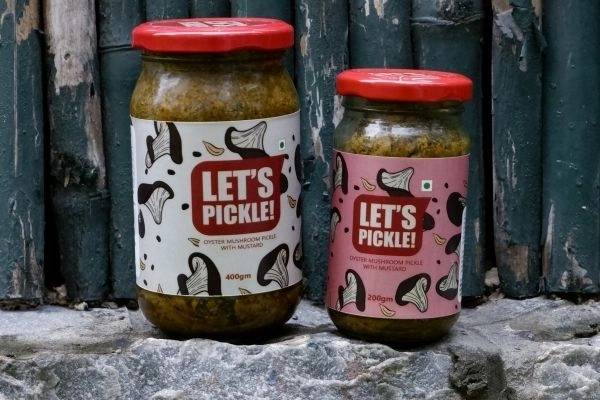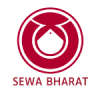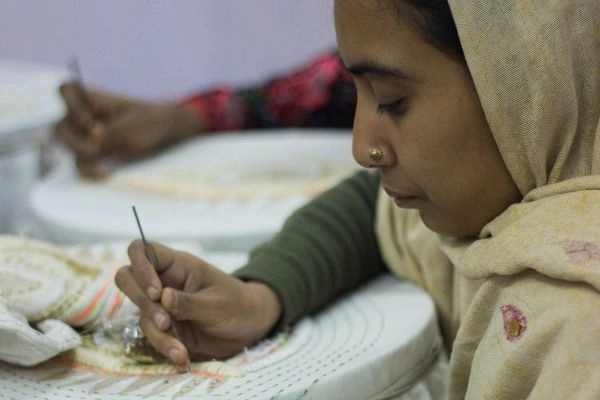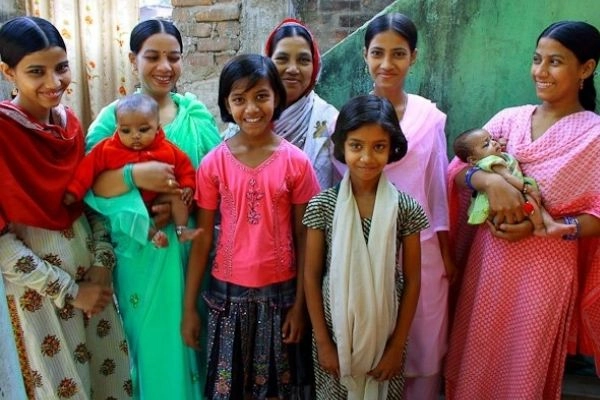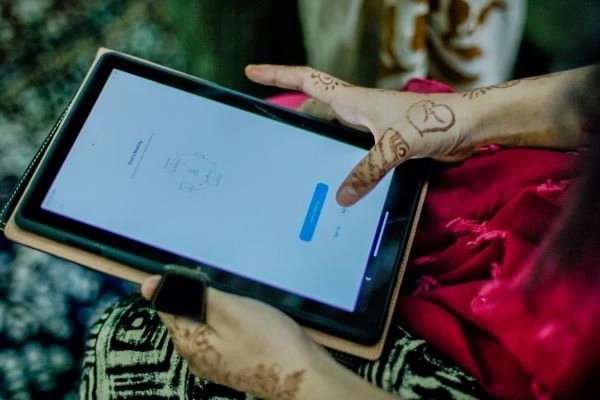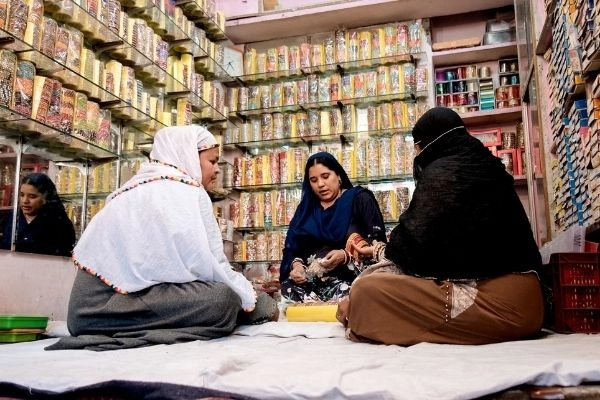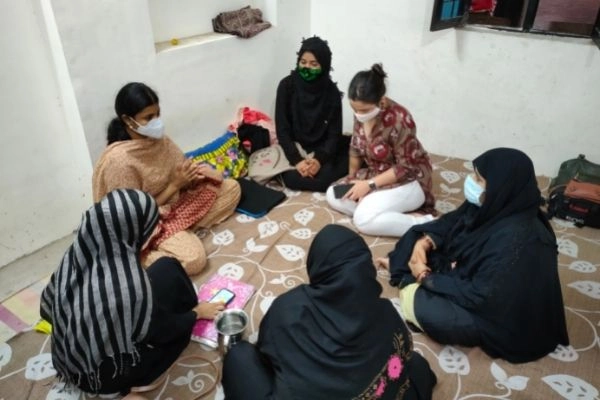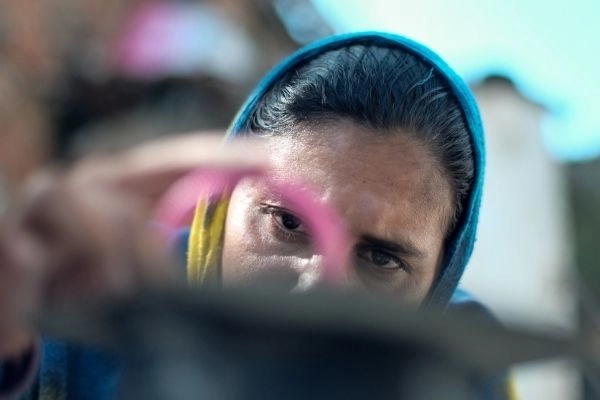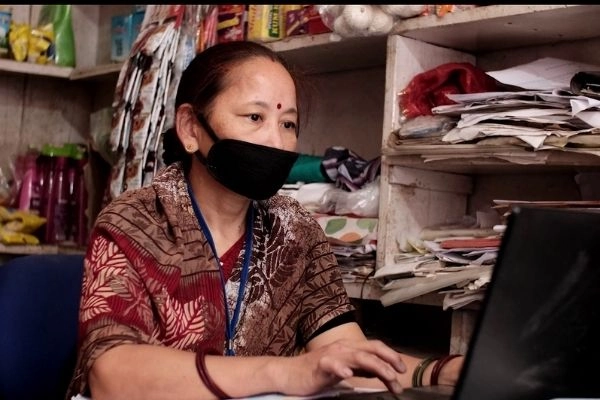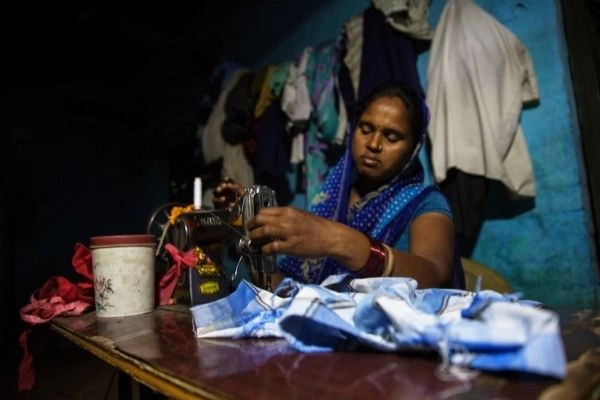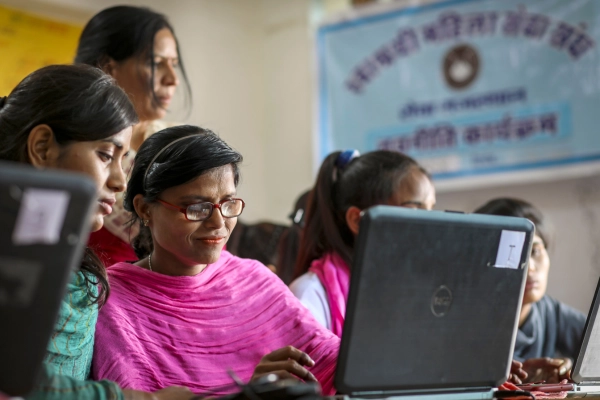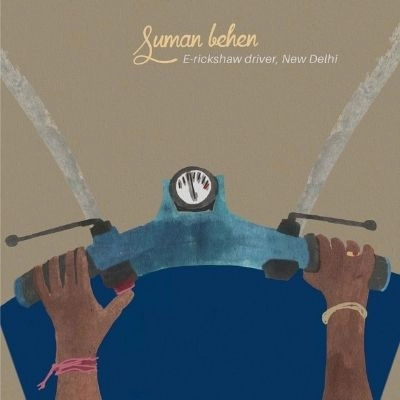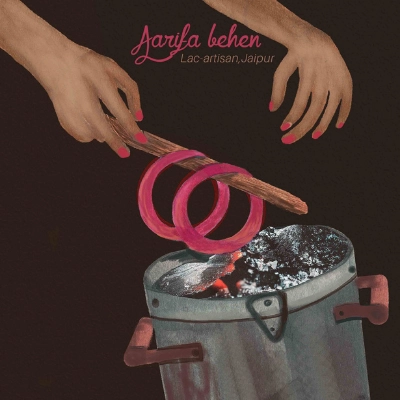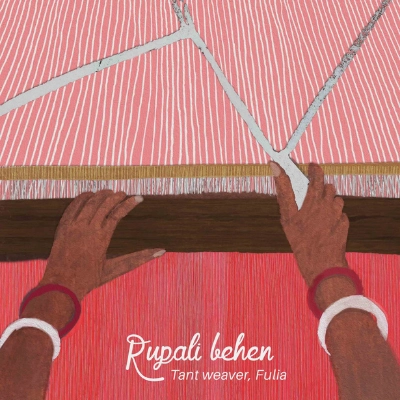Who are the Microentrepreneurs SEWA Aims to Support?
The majority of enterprises in India are very small with investments varying between Rs. 10,000 to a few lakhs. These tiny or nano enterprises generally employ only the labour of the individual and at most, of the family. The needs of such small enterprises are often different from larger microenterprises but due to their small size, this range of microentrepreneurs have not received attention, are significantly underreported and support that could go to them to scale up and expand India’s economic footprint is severely lacking. These microentrepreneurs are increasingly vulnerable to external shocks such as the pandemic, with low levels of resources to cope with disruptions or crises.
We therefore identify entrepreneurs as those who add value to the production process and organise multiple factors of production (land, labour, capital) while making decisions bearing financial risk, in the active hopes of earning a profit, or the cost of living for most enterprises at the lower rung of our economic ladders. These microentrepreneurs run a multitude of small businesses from both inside and outside their homes – they are fruit and vegetable vendors, thrift clothes sellers, bangle makers, tailors and weavers, and agri-based workers such as those engaged in animal husbandry, bamboo products, among others.
SEWA’s Work with Microentrepreneurs
They are also particularly vulnerable to a series of factors that impede their entrepreneurial pathways, including but not limited to market fluctuations, changes in socio-economic policy, external shocks to the ecosystem, and internal family crises. In tailoring our approach to support such women workers, we draw on both SEWA’s long history of building solidarity networks as well as its decades of experience in cultivating women’s entrepreneurial skills.
Microentrepreneur Development
Women microentrepreneurs require a thorough understanding of every step of creating a successful product or service that sells in the market and in turn, helps generate better income for them. To this end, SEWA’s work involves enabling access to capital, understanding market demands, procurement of raw materials, learning the product design and development, its pricing for both online and offline markets. Through forward linkages, women microentrepreneurs are supported in connecting directly with the customers via selling on both offline and online market channels.
Moving women up the agricultural value chain by Skilling and Microentrepreneurship Support
Let’s Pickle is an inaugural initiative that creates a sustainable income source for the marginalized women farmers of Naki (Munger District) in partnership with Bihar Agricultural University and SEWA. This initiative backs rural livelihood and the purchase of this pickle aids aspiring microentrepreneurs.
- The cluster of women farmers was provided guidance on elements of entrepreneurship
- Technical services were offered on business setting and upscaling, compliance and product design, marketing etc.
- Linked with experts and mentors to provide strategic guidance throughout the enterprise cycle.
- Financial linkages are also extended as per the need of the enterprise.
